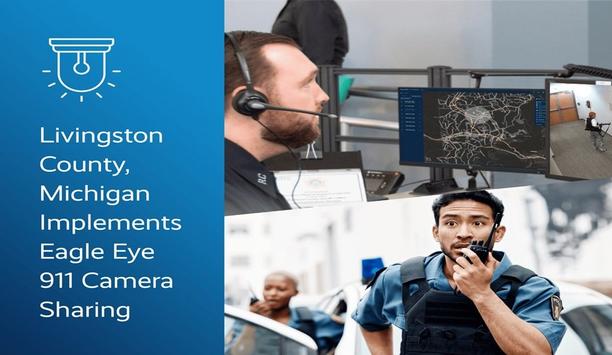 The view that ‘dodgy' guard people will be on the way out and prices will rise for guard providers is rose-tinted, according to Douglas Greenwell, Marketing Director, of G4S Security Services (UK). He spoke of his firm putting through price increases of about two per cent, to recover from licensing, and meeting some resistance from customers. He said: "That's to reinforce the message - the only way prices are going to go up, or the only way we are going to improve our returns, is improving the value of the service to the customer. An alternative may be greater use of technology," he added.
The view that ‘dodgy' guard people will be on the way out and prices will rise for guard providers is rose-tinted, according to Douglas Greenwell, Marketing Director, of G4S Security Services (UK). He spoke of his firm putting through price increases of about two per cent, to recover from licensing, and meeting some resistance from customers. He said: "That's to reinforce the message - the only way prices are going to go up, or the only way we are going to improve our returns, is improving the value of the service to the customer. An alternative may be greater use of technology," he added.
Greenwell does not think there will be huge market consolidation, or what he calls a ‘nirvana world' of rising prices for guard services. Going by the SIA's own figures for guard licence applications so far, he suggested that February and March would be what he called ‘a problematic period'. "Some guard suppliers, and some customers", he suggested, "are going to come a cropper. " He said there are two groups of guarding customers, "those that buy security services because they have to; and those that buy because they want to." As for the thought that small customers see security as a grudge purchase and large ones do not, he said that while that can be the case, it is not always: "I know some very large organisations that just do not want to spend money on security; and I would say the worst offender is the retail sector, particularly recently. They clearly are under heavy cost pressure, because they are just not getting sales through the tills; and we are noticing, one of the areas of expenditure that is suffering is security. We believe, because of the general slow-down in the UK economy, there has been as much as a five per cent reduction in security investment in 2005. It is not a case of this contract going to someone else, or through competitive re-bid the price has gone down; they [guarding customers] have just spent less money in 2005."
Reliable service
What does the end user want? "Reliable service," Greenwell suggested. "They want to know if an officer is going to provide a static guarding operation or a monitored alarm with a response, that it is just going to happen; the people are going to turn up when they say they are; [or] the response levels are adhered to, as far as alarms are concerned." While he said that was endemic in the guarding industry, he admitted that his firm held its hands up, not getting some of the basic things right. Hence he said, with a few noticeable contractual exceptions, guard firms were not out-sourced providers of services, but simply providers of services. "Forgive me for splitting hairs: I mean the difference is that someone running an out-sourced operation on behalf of a customer - there has been transfer of risk, predominantly operational risk, but it could be other risks, and as far as the customer is concerned, the out-sourced provider are the expert; they would change the operation, based on how the customer is changing. You see very few examples of that in security. You still see a lot of examples of the security expertise still residing with the customer; there are still security managers. Well, why do you need this, if you are relying on the supplier? But they feel they cannot rely on this supplier."
Cheapest
As for what the ‘post-licensing world' will be like after March, Greenwell took the case of the grudge purchasers who want to spend the least possible on security. After March, the well-defined benchmark for the minimum is an officer with a licence. The grudge-purchase group, then, a significant proportion of the market, he said, will want a licenced officer, at the cheapest price.
"That is going to challenge us and an awful lot of organisations to meet that need, and still achieve profitability. Because the route is not going to be dropping prices because that is just going to lead to unprofitable organisations. We are going to need to change fundamentally the way we provide services."
"At the value-added end of the market, customers are going to start to push the provider harder," he added, "calling on the guard firm to run the operation, while the customer only retains the legal governance requirements."
Fall-out
"I think you are going to have a lot of companies falling out of the market, not just because of difficulty of meeting the new administrative issues surrounding licences. I just think you will get companies falling out because of the economic reality." Greenwell predicted.

















